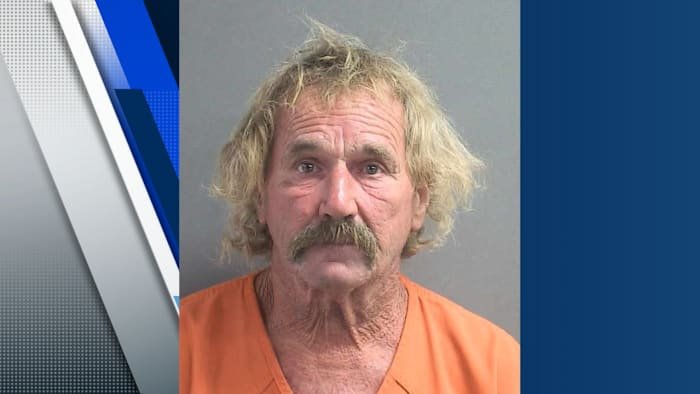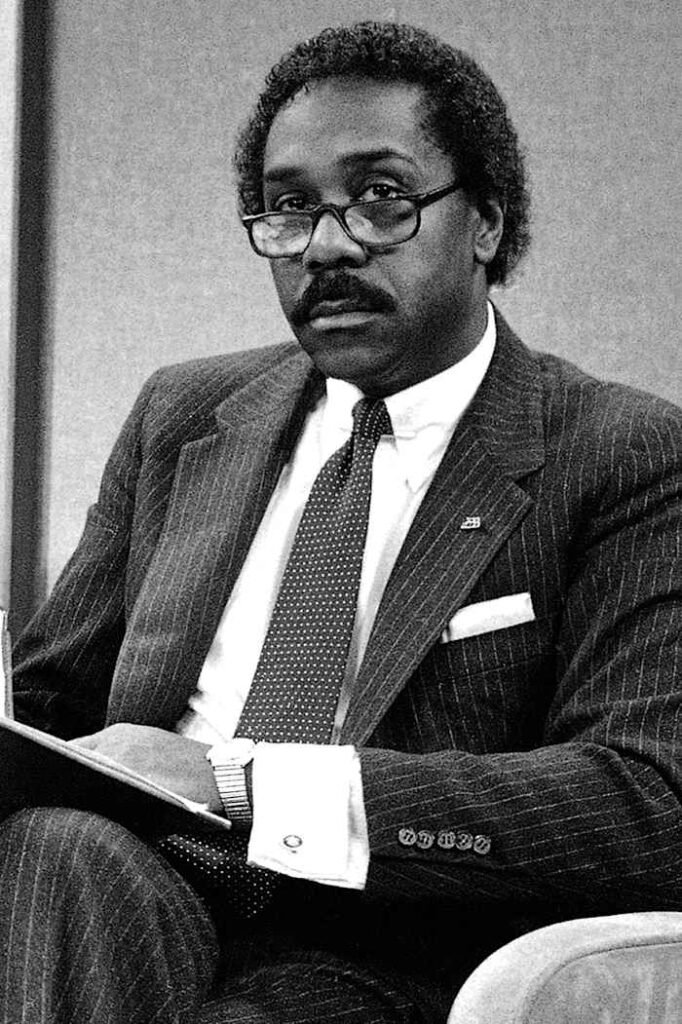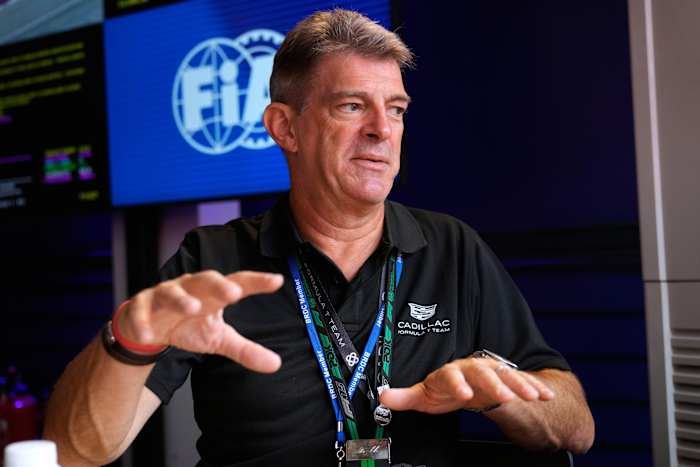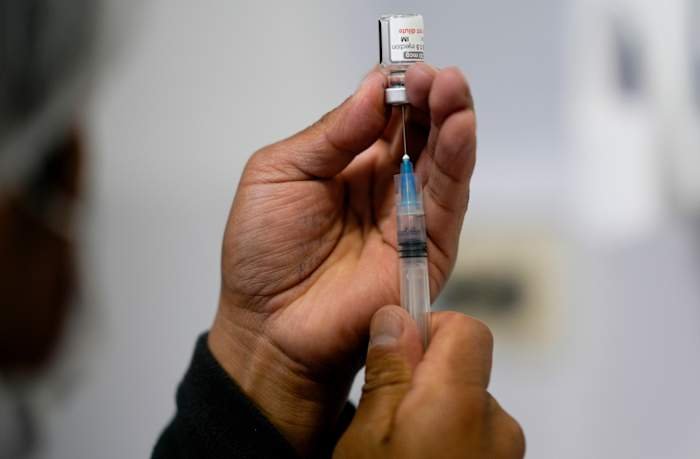In a surprising turn of events, the federal government has thrown out all charges against a Utah plastic surgeon previously accused of discarding COVID-19 vaccine doses valued at over $28,000 during the height of the pandemic. While this case unfolded far from Central Florida, its implications resonate in Orlando and across the nation, raising questions about vaccine distribution, legal accountability, and public trust in health professionals. Here’s what you need to know about the case, the rationale behind the dropped charges, and what this could mean for Orlando’s own healthcare landscape.
The Background: A Doctor in the Spotlight
The case centered on Dr. Michael Kirk Moore Jr., a plastic surgeon from Utah, who was indicted last year on charges that he intentionally wasted hundreds of COVID-19 vaccine doses. Prosecutors alleged Dr. Moore had thrown away unopened vials of the vaccine, representing a financial loss of over $28,000. The indictment accused him and his team of undermining the public health effort at a time when vaccine supplies were critical.
Initially, federal authorities argued that Dr. Moore’s actions not only squandered valuable medical resources but also violated public trust. The case quickly gained national attention, with many seeing it as a potential precedent for how vaccine-related misconduct would be prosecuted.
Why Were the Charges Dropped?
Earlier this week, the federal government made the decision to dismiss all charges against Dr. Moore. According to statements from the U.S. Attorney’s office, the evidence was deemed insufficient to proceed to trial. Investigators reportedly struggled to prove malicious intent or significant harm resulting from the discarded doses. Additionally, some legal experts suggested that, given the evolving nature of vaccine distribution protocols during the pandemic, the case may have hinged on ambiguous guidelines rather than clear-cut criminal behavior.
This development has sparked debate throughout the medical and legal communities. Some believe the dismissal reflects the challenges in regulating unprecedented public health crises, while others are concerned it could set a dangerous precedent for future cases of medical waste or mismanagement.
Lessons for Orlando’s Healthcare Providers
Though the events took place in Utah, Orlando’s healthcare community is paying close attention. During the COVID-19 pandemic, local hospitals, clinics, and pharmacies faced their own challenges with vaccine storage, distribution, and administration. Early on, vaccine supplies were limited and demand was high, leading to intense scrutiny of how every dose was handled.
Public health officials in Central Florida have since implemented strict protocols to prevent vaccine waste, including detailed logging, temperature monitoring, and staff training. The Utah case serves as a reminder that even well-meaning mistakes can have wide-reaching consequences. It also highlights the importance of clear communication from authorities regarding the handling and reporting of unused vaccines.
Local healthcare leaders stress that transparency and adherence to protocols are crucial for maintaining public trust. As Orange County continues its efforts to vaccinate residents against COVID-19 and other diseases, the lessons learned from this high-profile case are more relevant than ever.
The Bigger Picture: Public Trust and Legal Accountability
One of the lasting impacts of the pandemic has been a heightened sense of scrutiny on the healthcare system. Incidents like the Utah doctor’s case, whether they result in prosecution or not, can erode public confidence in the medical profession. For cities like Orlando, which rely on a robust tourism industry, ensuring public trust in health and safety measures is vital.
Legal experts warn that while criminal charges may not always be appropriate, healthcare providers must remain vigilant in upholding ethical standards. The dropping of charges in this case does not mean that mishandling vaccines—or any other medical resources—is without consequence. Hospitals and clinics in Orlando are encouraged to continue reporting and investigating any suspected cases of waste or misconduct.
Moreover, with the potential for future health emergencies, the need for clear regulatory frameworks and strong oversight has never been greater. The federal government’s decision in this case could influence how similar incidents are handled in the future, both in Utah and here in Central Florida.
What’s Next for Vaccine Distribution in Orlando?
As the pandemic moves into a new phase, Orlando’s public health officials face ongoing challenges in distributing vaccines equitably and efficiently. While the risk of large-scale waste has diminished with improved supply chains and decreased urgency, the Utah case serves as a cautionary tale.
Local leaders are doubling down on training, education, and community outreach to ensure that every vaccine dose is accounted for and used appropriately. Orlando residents can help by staying informed and reporting any concerns about vaccine distribution to local authorities.
Ultimately, cases like Dr. Moore’s reinforce the importance of vigilance at every stage of the public health process. From federal prosecutors to local clinic staff, everyone has a role to play in safeguarding public health resources and maintaining community trust.
Conclusion: Join the Conversation
The dismissal of charges against the Utah doctor accused of wasting thousands of dollars in COVID-19 vaccines underscores the complexities of administering healthcare during a crisis. For Orlando, it’s a timely reminder of the importance of transparency, accountability, and public trust in our own medical community.
What do you think about the government’s decision to drop the charges? How can Orlando continue to improve its vaccine distribution and oversight processes? We invite you to share your thoughts and experiences in the comments below.
















